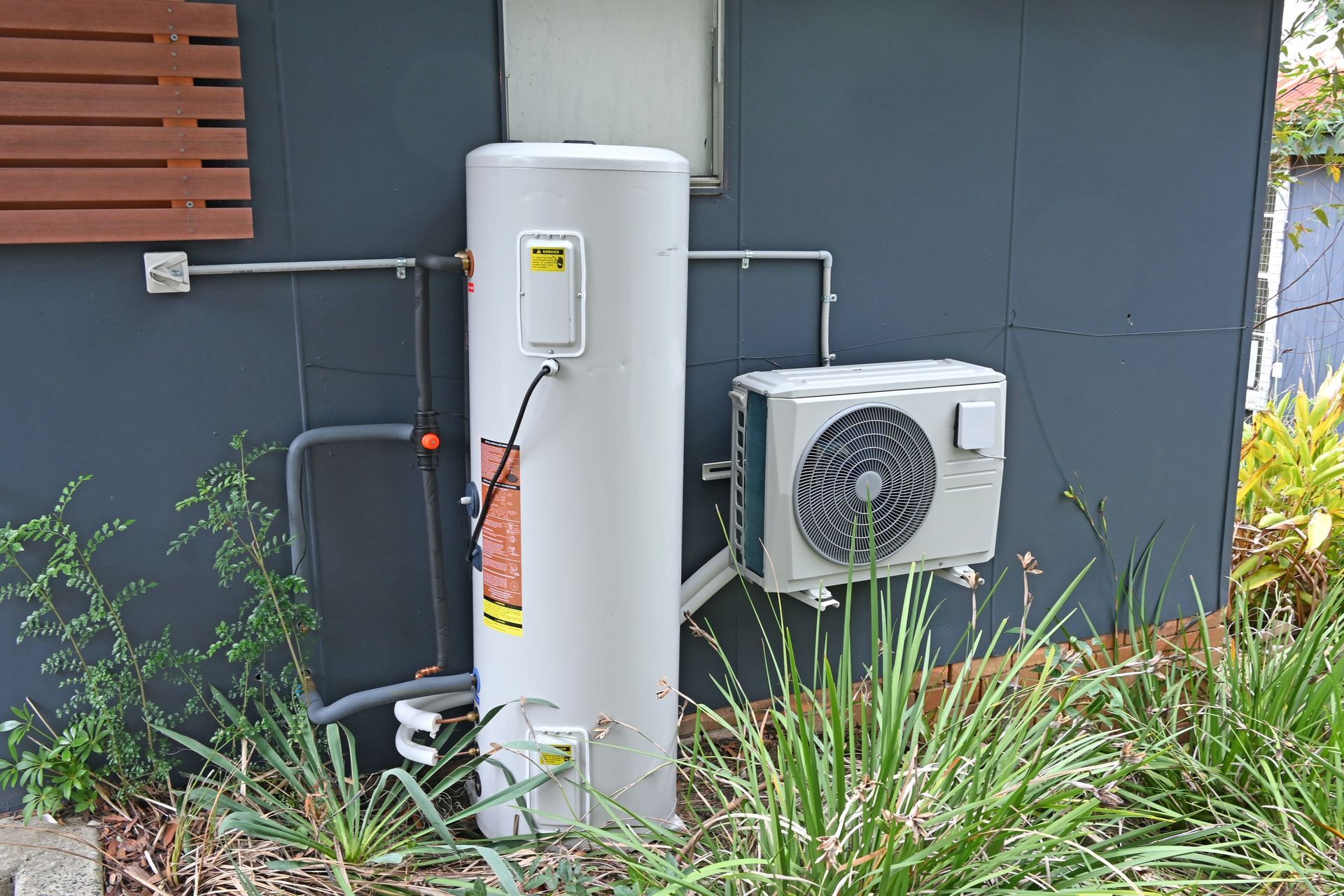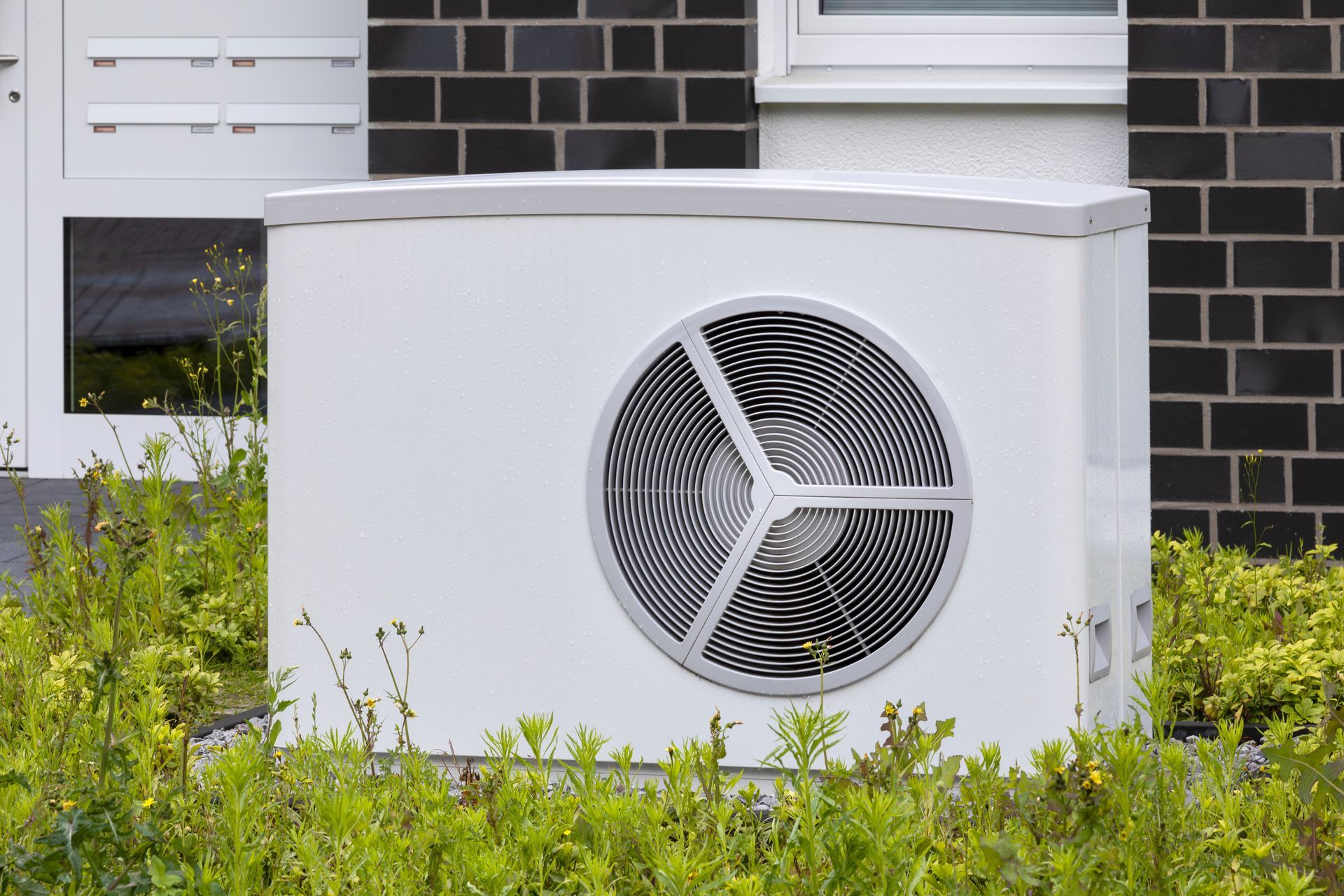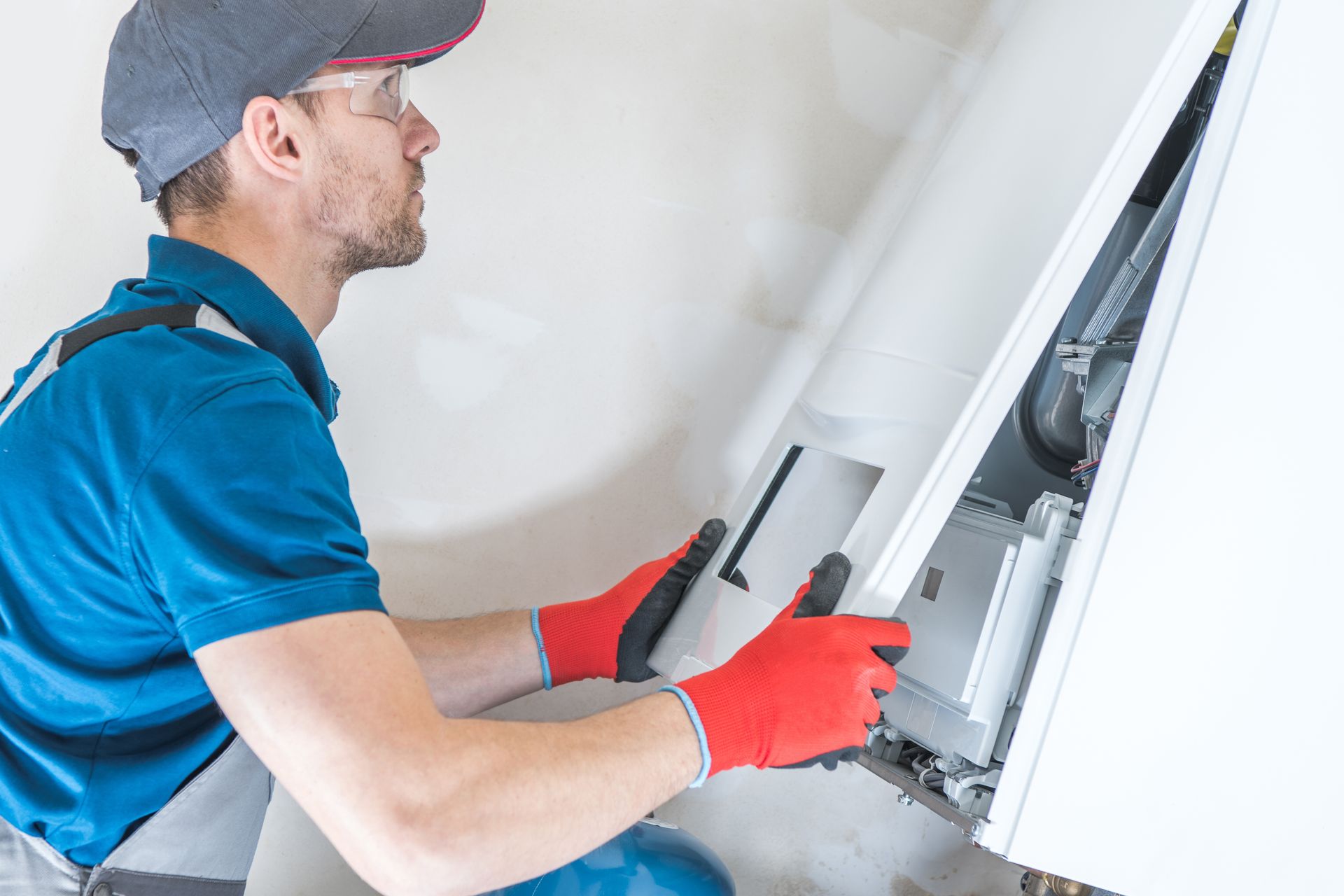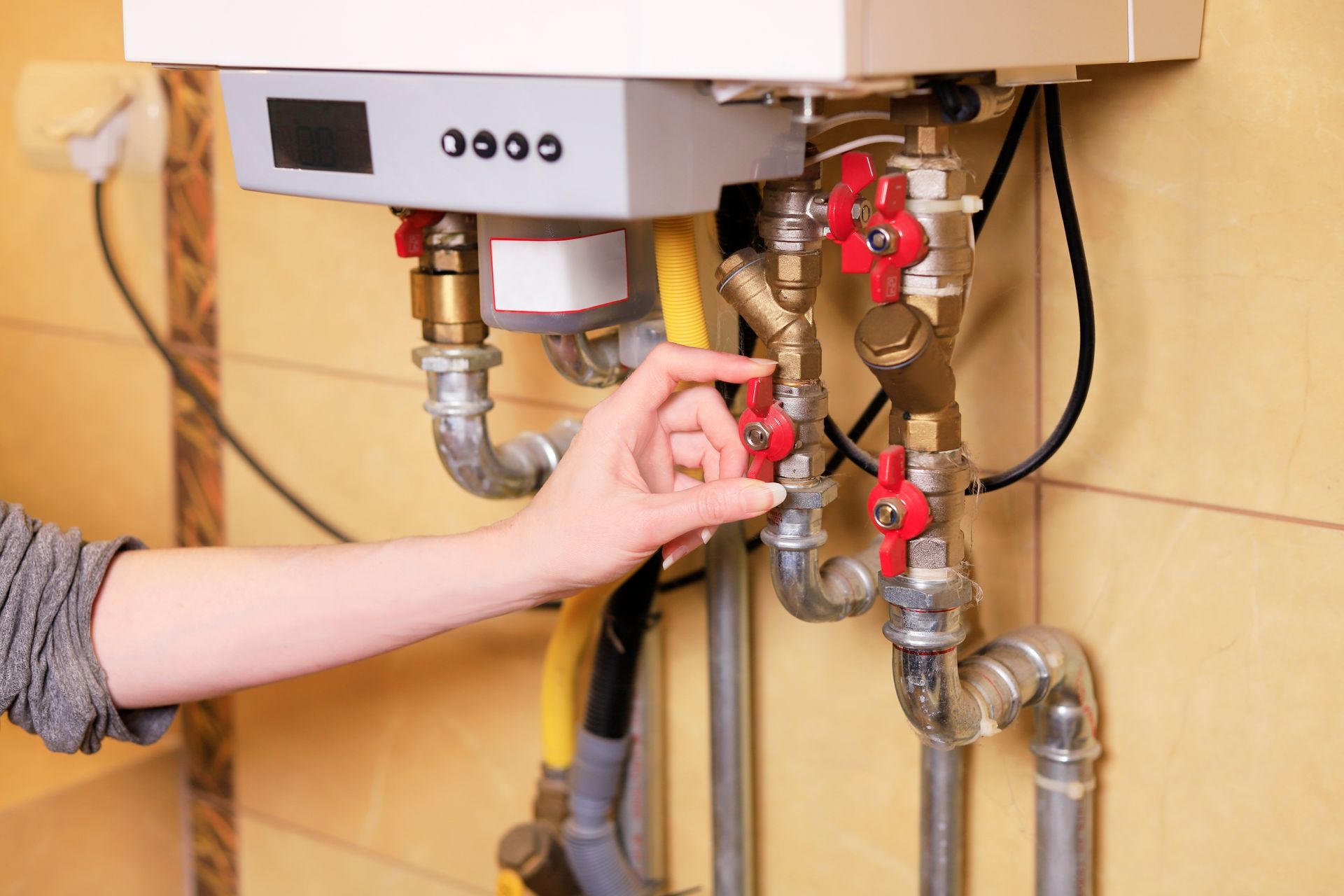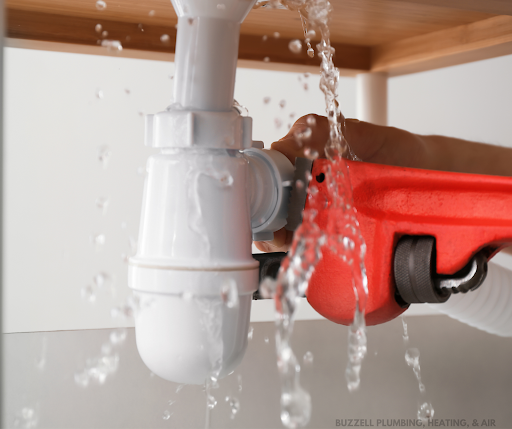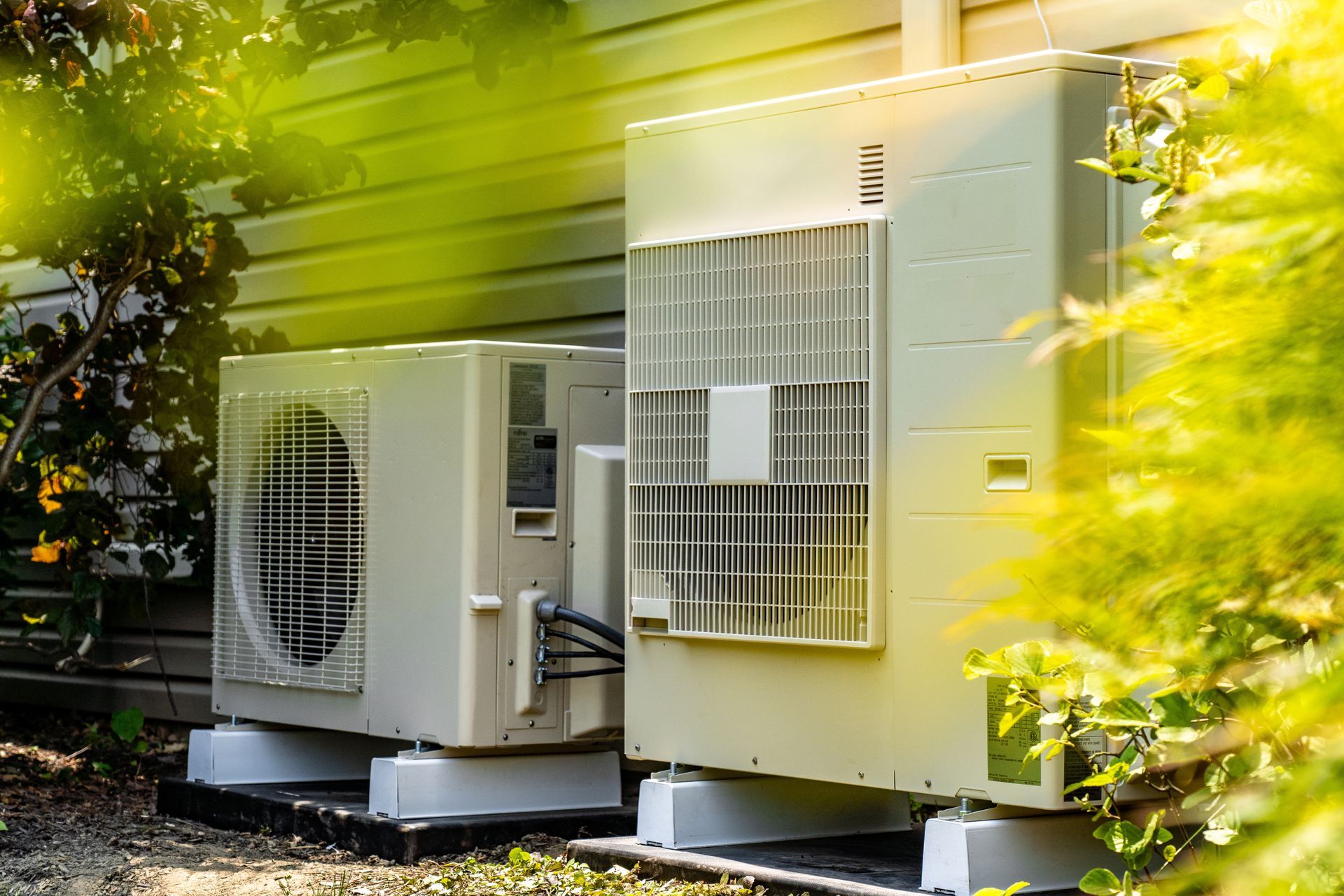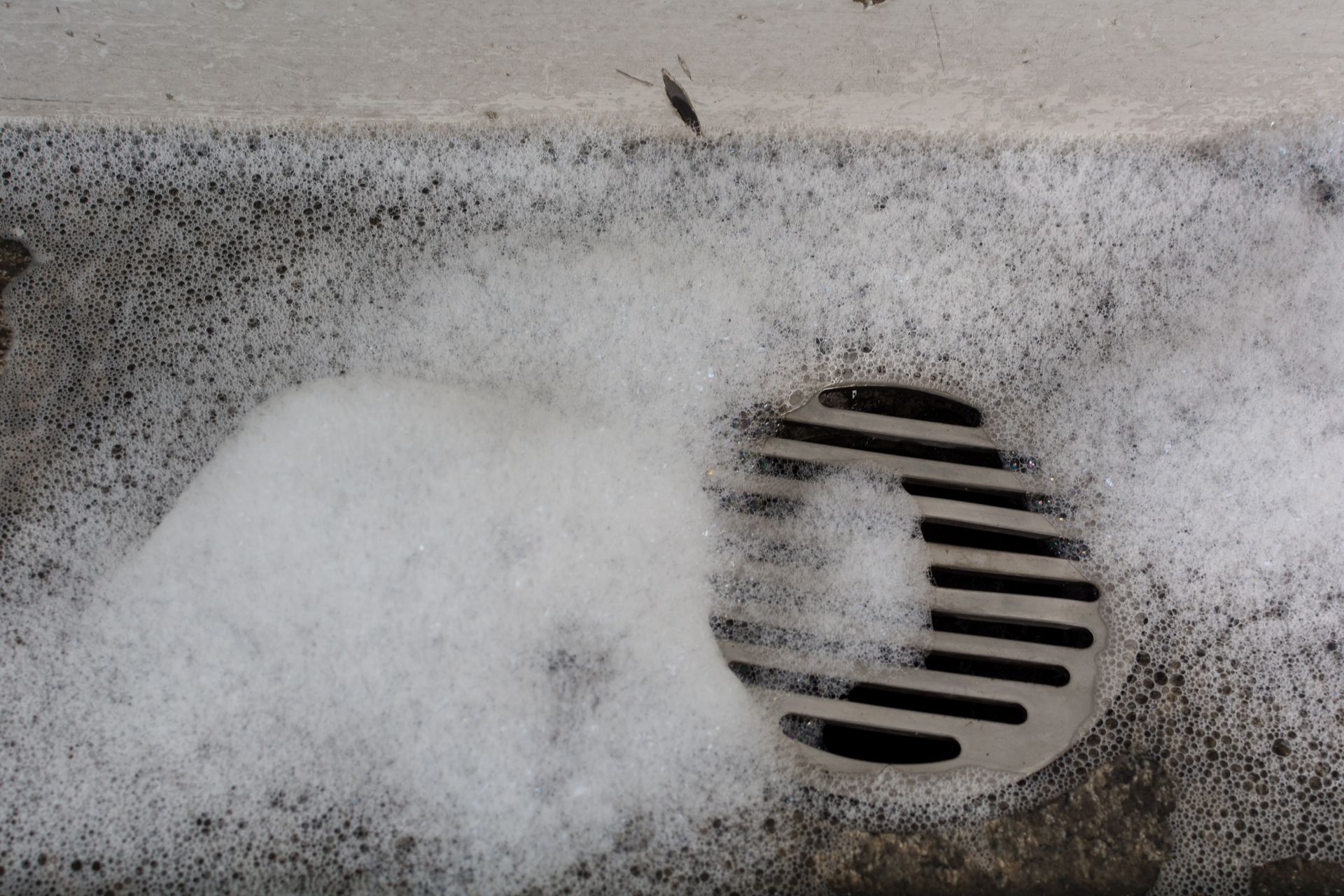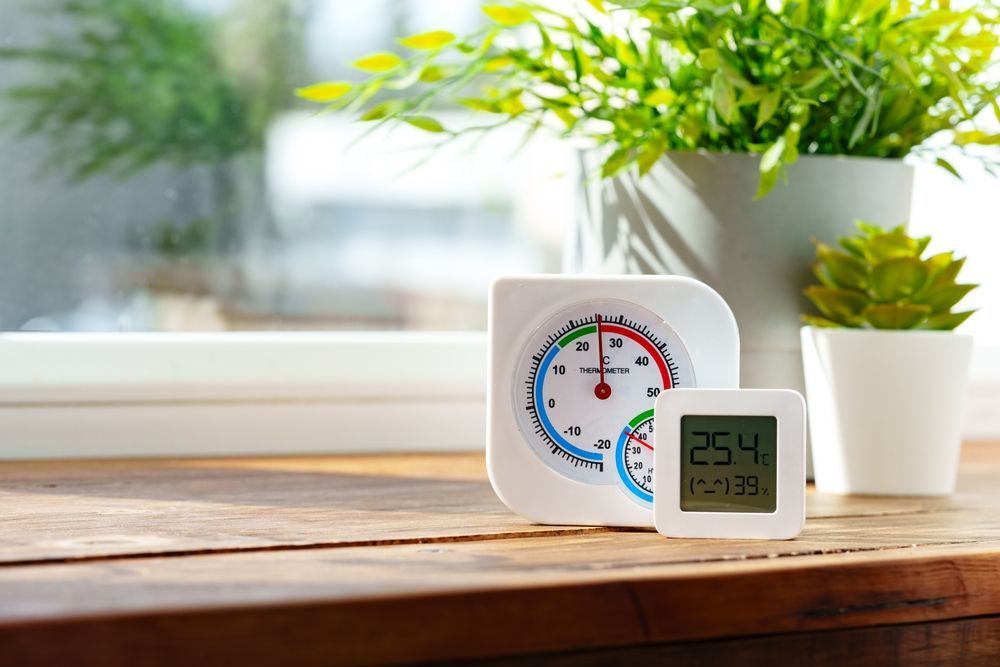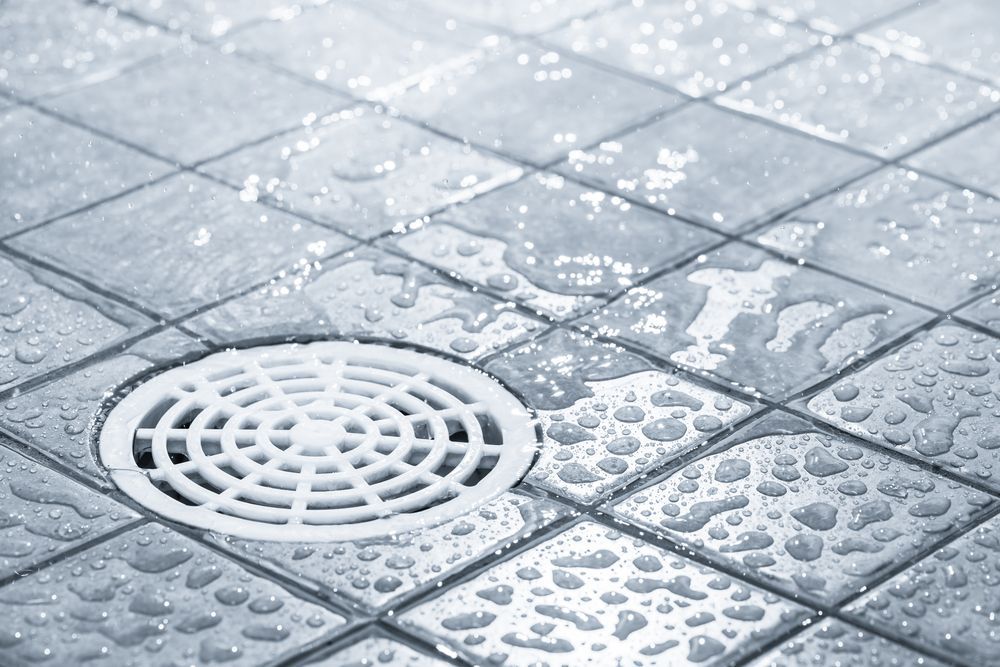Should I Schedule Air Quality Testing Regularly?
Indoor air quality (IAQ) is a significant aspect of maintaining a healthy, comfortable, and productive living environment. The air you breathe can impact your health, comfort, and productivity. Regular air quality testing can help detect potential issues before they become serious problems. This article explores the importance of regular air quality testing and how often you should schedule it. The Importance of Indoor Air Quality
Indoor air quality is crucial for several reasons:
- Health: Indoor air pollutants such as dust, mold, and volatile organic compounds (VOCs) can cause or exacerbate health issues such as allergies, asthma, and even heart disease.
- Comfort: Poor air quality can result in unpleasant odors and humidity problems, leading to discomfort.
- Productivity: Good indoor air quality can enhance productivity by reducing the likelihood of headaches, eye irritation, and fatigue.
Understanding these impacts and scheduling regular indoor air quality tests is critical to ensure your indoor environment is safe and comfortable.
What is Indoor Air Quality Testing?
Indoor air quality testing involves the assessment of your indoor environment to identify any potential issues that could impact your health or comfort. The process may involve various tests, including:
- Carbon Monoxide Testing: This test detects the presence of carbon monoxide, a deadly, odorless gas that can accumulate indoors.
- Mold and Moisture Assessment: This test identifies the presence of mold and moisture, which can lead to respiratory issues and structural damage.
- VOC Testing: Volatile Organic Compounds (VOCs) come from various sources, including cleaning products, furniture, and building materials. They can have short and long-term health impacts.
By conducting these tests, you can determine the state of your indoor air quality and take the necessary steps to improve it.
How Often Should You Test Your Indoor Air Quality?
There's no one-size-fits-all answer to this question. The frequency of air quality testing depends on various factors, including:
- Presence of Allergy Symptoms: If you or a family member experience frequent allergy symptoms, such as sneezing, coughing, or eye irritation, it may be a good idea to test your indoor air quality.
- Changes in Home: If you've made significant changes to your home, such as renovations or adding new furniture, you should consider testing your air quality. These changes can introduce new pollutants into your indoor environment.
- Odors: Unpleasant smells can be a sign of poor air quality. If you notice persistent odors, consider scheduling an air quality test.
- Humidity Issues: High humidity can lead to mold growth, while low humidity can cause dry skin and respiratory issues. If you're experiencing humidity problems, it might be time for an air quality test.
Generally, you should consider testing your indoor air quality at least once a year. However, if you notice signs of poor air quality, such as increased allergy symptoms or persistent odors, you may need to schedule a test sooner.
What to Expect During an Indoor Air Quality Test
During an
indoor air quality test, professionals use specialized equipment to measure various aspects of your indoor air. They may test for mold, dust, VOCs, and carbon monoxide pollutants. They may also assess your home's ventilation and humidity levels.
Once the testing is complete, the professionals will provide a detailed report outlining the findings. They can also recommend improvements to indoor air quality, such as installing air purifiers, improving ventilation, or managing humidity levels.
Improving Your Indoor Air Quality
There are several steps you can take to improve your indoor air quality, including:
- Regular Cleaning: Regular cleaning can help reduce dust and other allergens in your home.
- Proper Ventilation: Ensure your home is well-ventilated to prevent the buildup of pollutants.
- Air Purifiers: Air purifiers can remove pollutants from the air, improving air quality.
- Humidity Control: Maintain a healthy humidity level (30-50%) to prevent mold growth and other issues.
- Regular HVAC Maintenance: Regular maintenance of your heating, ventilation, and air conditioning (HVAC) system can help improve air quality by ensuring proper air circulation and removing pollutants.
Regular indoor air quality testing is crucial for maintaining a healthy, comfortable, and productive environment. Knowing what to look for and when to schedule a test can ensure your indoor air is safe to breathe.
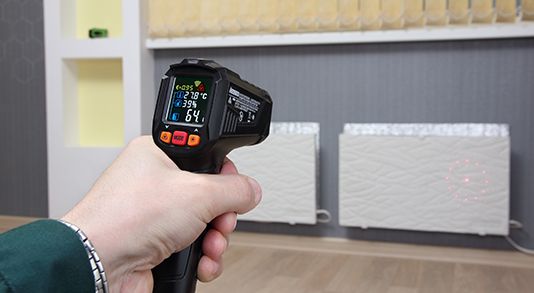
If you're in Middle Georgia and need help with indoor air quality, consider Buzzell Plumbing, Heating & Air for all your HVAC needs. Our team of professionals can help you assess and improve your indoor air quality, ensuring a healthier and more comfortable home environment.
Contact us today to schedule your indoor air quality test and start breathing easier.
